 Welcome
Welcome
“May all be happy, may all be healed, may all be at peace and may no one ever suffer."
Desmoid tumors

Desmoid tumors, also known as aggressive fibromatosis, are rare tumors that arise from fibrous tissue. They are classified as a type of soft tissue sarcoma, although they behave differently than most other sarcomas.
Desmoid tumors can occur anywhere in the body but are most commonly found in the abdominal wall, shoulder, and thigh. They can also occur in the chest, back, head, and neck regions.
Desmoid tumors are characterized by their slow, infiltrative growth pattern. They can invade nearby structures, such as muscles, nerves, and blood vessels, but they do not spread to other parts of the body.
The cause of desmoid tumors is not well understood, although they have been associated with certain genetic mutations, such as in the APC gene in patients with familial adenomatous polyposis (FAP).
Treatment for desmoid tumors typically involves a combination of surgery, radiation therapy, and chemotherapy. However, because of their infiltrative growth and tendency to recur, treatment can be difficult and outcomes vary widely.
Research Papers
Disease Signs and Symptoms
- Swollen skin
- Tissue cancer or tumor
- Cramp
- Nausea or vomiting
- Cramping and nausea, when desmoid tumors occur in the abdomen
Disease Causes
Desmoid tumors
It's not clear what causes desmoid tumors.
Doctors know these tumors form when a connective tissue cell develops changes in its DNA. A cell's DNA contains the instructions that tell a cell what to do. The changes tell the connective tissue cell to multiply rapidly, creating a mass of cells (tumor) that can invade and destroy healthy body tissue.
Disease Prevents
Disease Treatments
Treatments for desmoid tumors include:
- Monitoring the growth of the tumor. If your desmoid tumor causes no signs or symptoms, your doctor may recommend monitoring the tumor to see if it grows. You may undergo imaging tests every few months. Some tumors never grow and may never require treatment. Some tumors may shrink on their own without any treatment.
- Surgery. If your desmoid tumor causes signs and symptoms, your doctor may recommend an operation to remove the entire tumor and a small margin of healthy tissue that surrounds it. But sometimes the tumor grows to involve nearby structures and can't be completely removed. In these cases, surgeons may remove as much of the tumor as possible.
- Radiation therapy. Radiation therapy uses high-powered beams, such as X-rays and protons, to kill tumor cells. Radiation therapy may be recommended instead of surgery if you're not healthy enough for surgery or if the tumor is located in a place that makes surgery risky. Radiation therapy is sometimes used after surgery if there's a risk that the tumor might return.
- Chemotherapy and other medications. Chemotherapy uses strong drugs to kill tumor cells. Your doctor may recommend chemotherapy if your desmoid tumor is growing quickly and surgery isn't an option.
- Several other drug treatments have shown promise in people with desmoid tumors, including anti-inflammatory drugs, hormone therapies and targeted therapies.
Disease Diagnoses
Disease Allopathic Generics
Disease Ayurvedic Generics
Disease Homeopathic Generics
Disease yoga
Desmoid tumors and Learn More about Diseases
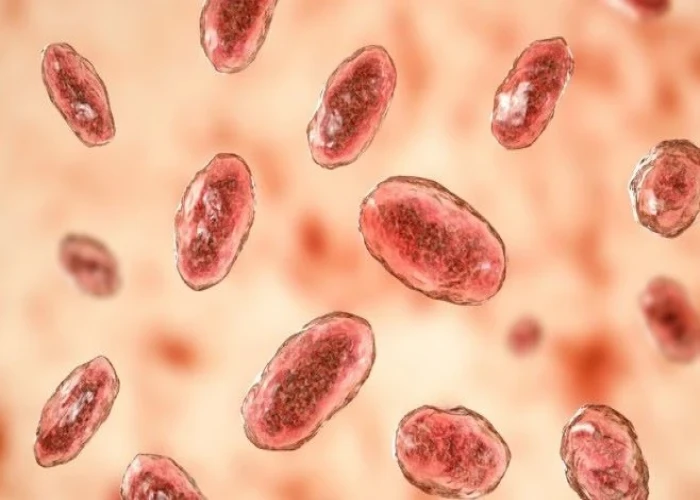
Mesenteric lymphadenitis
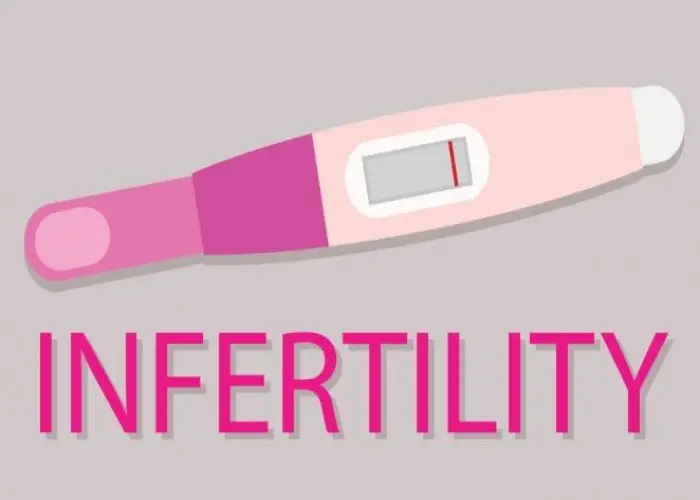
Infertility (Sterility)
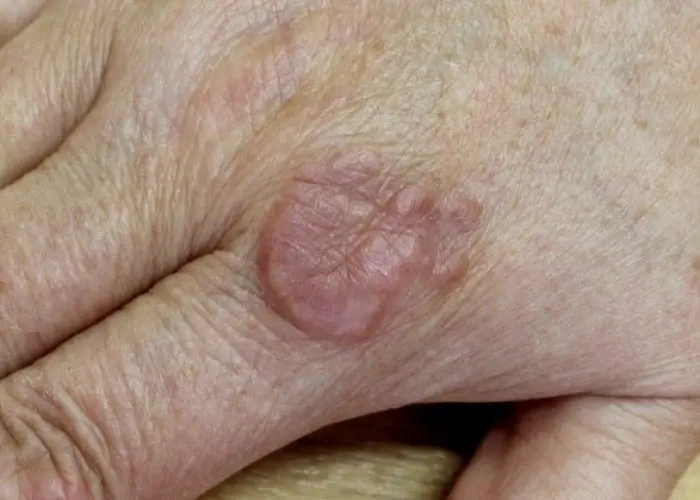
Granuloma annulare
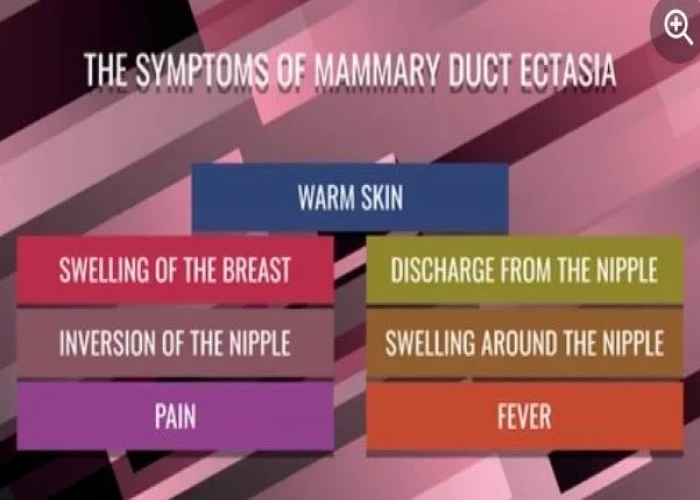
Mammary duct ectasia
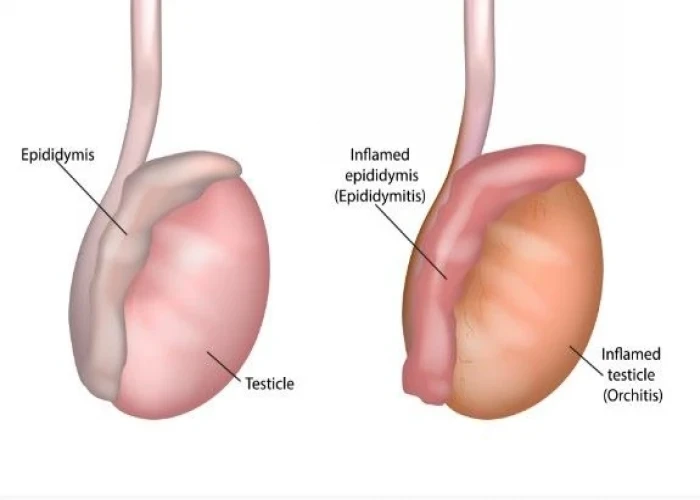
Orchitis
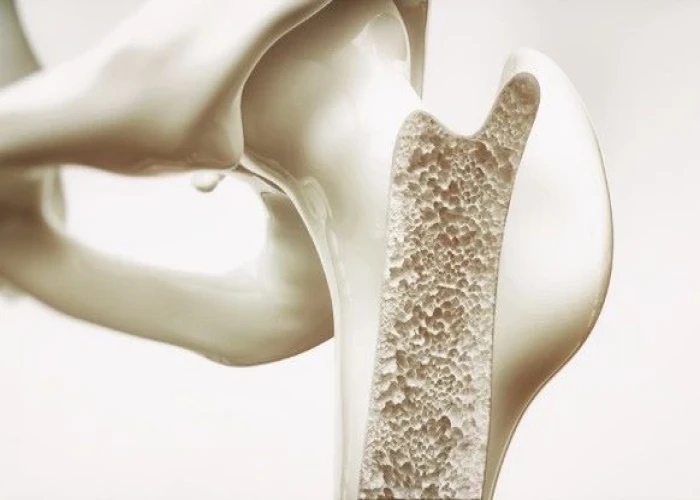
Osteoporosis

Bags under eyes

Sprained ankle
Desmoid tumors, Desmoid fibromatosis, Desmoid tumor treatment, ডিজময়েড টিউমার
To be happy, beautiful, healthy, wealthy, hale and long-lived stay with DM3S.
